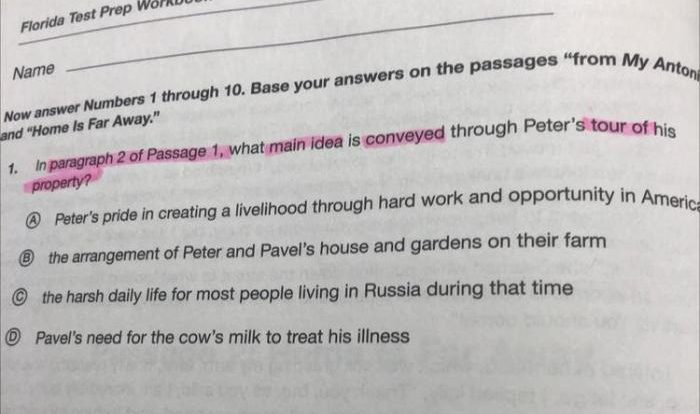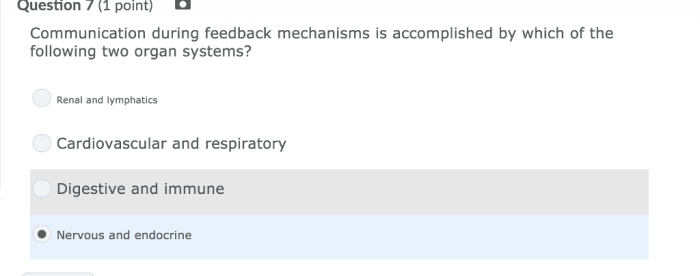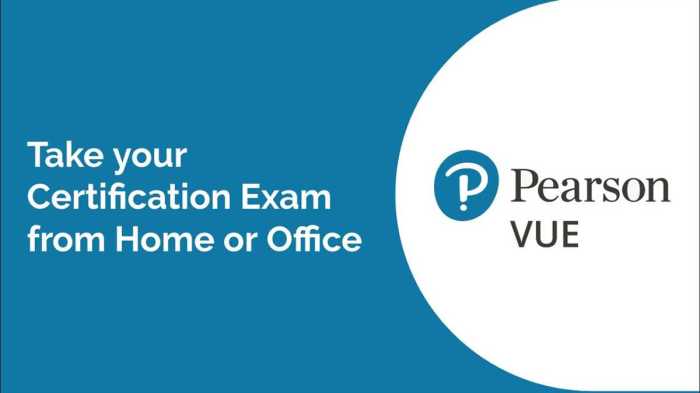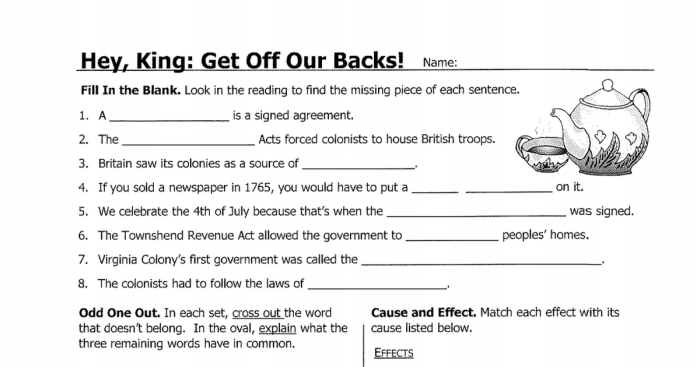Vocabulary workshop level g unit 3 completing the sentence – Embark on a journey of linguistic exploration with Vocabulary Workshop Level G Unit 3: Completing the Sentence. This comprehensive guide delves into the intricacies of sentence completion, empowering educators with a wealth of strategies and techniques to foster vocabulary acquisition and enhance students’ fluency.
Through engaging activities, effective teaching methods, and a deep understanding of word choice and context, this workshop equips educators to create a dynamic learning environment where students can master the art of sentence completion and expand their vocabulary horizons.
Vocabulary Workshop Level G Unit 3: Completing the Sentence
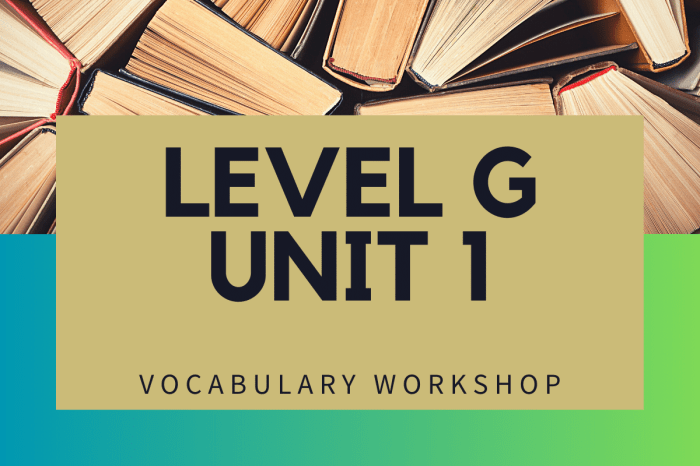
Vocabulary enhancement and sentence completion are crucial skills for language learners. This article provides a comprehensive overview of techniques and strategies to effectively teach and assess these skills in an engaging and differentiated manner.
Vocabulary Enhancement Activities
To enhance vocabulary acquisition, teachers can employ engaging activities such as:
- Word games (e.g., crossword puzzles, Scrabble)
- Puzzles (e.g., anagrams, word searches)
- Interactive exercises (e.g., online quizzes, flashcards)
Strategies for building vocabulary through reading, listening, and speaking include:
- Highlighting unfamiliar words and using context clues to infer meaning
- Active listening for new words and phrases
- Practicing speaking using newly acquired vocabulary
Sentence Completion Techniques
Various sentence completion techniques can be used to teach students to complete sentences correctly and fluently:
Fill-in-the-blank exercises
Provide sentences with missing words that students must fill in based on context.
Sentence starters
Give students a sentence beginning and ask them to complete it in a logical and grammatically correct manner.
Cloze passages
Present students with a passage with certain words omitted, which they must fill in to make the text coherent.
Word Choice and Contextual Understanding
Choosing the correct words to complete sentences based on context is essential. Teachers can emphasize:
- Identifying synonyms, antonyms, and definitions as context clues
- Using context to infer the meaning of unfamiliar words
- Understanding the impact of word choice on sentence meaning
Assessment and Evaluation
To evaluate students’ vocabulary knowledge and sentence completion skills, teachers can use:
Multiple-choice questions
Test students’ understanding of vocabulary and sentence structure.
Short answer responses
Assess students’ ability to complete sentences using correct grammar and vocabulary.
Writing exercises
Evaluate students’ ability to use vocabulary and sentence completion skills in context.
Differentiated Instruction
To meet the needs of diverse learners, teachers can differentiate vocabulary activities and sentence completion exercises by:
- Adjusting the difficulty level of activities
- Providing scaffolding and support for struggling students
- Offering enrichment activities for advanced learners
Technology Integration
Technology can enhance vocabulary and sentence completion practice:
- Online tools for vocabulary games and exercises
- Digital flashcards and spaced repetition software
- Interactive simulations and virtual reality experiences
Cultural Considerations
Cultural diversity should be considered when teaching vocabulary and sentence completion:
- Using materials that reflect students’ cultural backgrounds
- Adapting activities to be culturally appropriate
- Raising awareness of cultural differences in language use
Classroom Management, Vocabulary workshop level g unit 3 completing the sentence
Effective classroom management strategies for vocabulary and sentence completion activities include:
- Establishing clear expectations and routines
- Providing positive reinforcement for participation
- Managing group activities to ensure all students are engaged
Top FAQs: Vocabulary Workshop Level G Unit 3 Completing The Sentence
What are the key components of Vocabulary Workshop Level G Unit 3?
Vocabulary enhancement activities, sentence completion techniques, word choice and contextual understanding, assessment and evaluation, differentiation, technology integration, cultural considerations, and classroom management.
How can I differentiate vocabulary activities for diverse learners?
Adapt activities by varying the difficulty level, providing scaffolding, and incorporating multi-sensory approaches.
What are some effective methods for assessing vocabulary knowledge?
Multiple-choice questions, short answer responses, writing exercises, and oral assessments.

